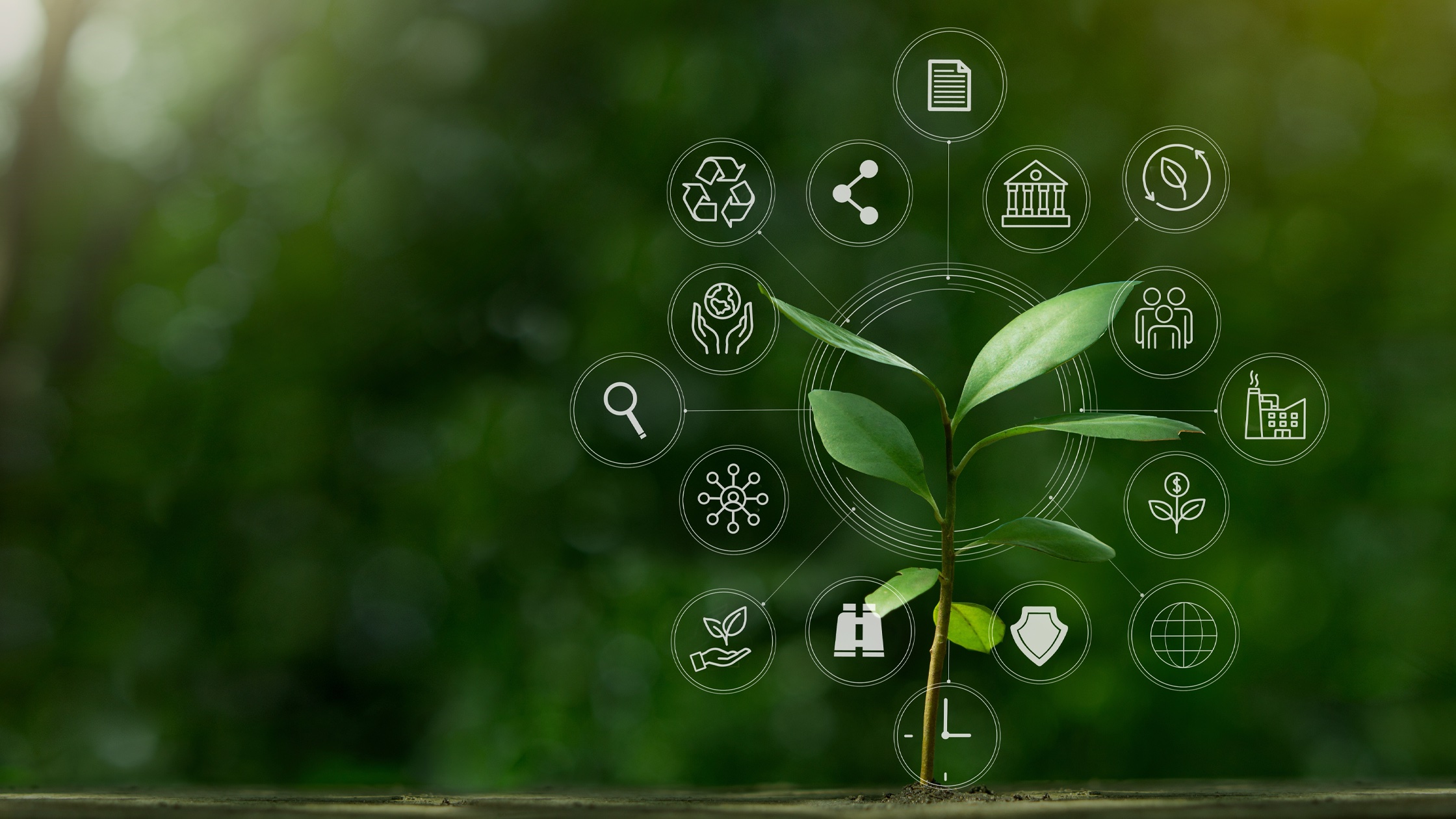In the heart of the nation, where strong values of hard work, community collaboration, and responsible living thrive, the push for sustainability is gaining significant traction. As the world increasingly recognizes the importance of reducing environmental impacts, companies and organizations must align with this growing imperative for sustainable practices. For Business Process Outsourcers (BPO) across the country, embracing sustainability is not just an option; it’s a strategic decision that holds the potential to benefit both the environment and long-term business success.
Understanding the Essence of Sustainability
Sustainability, at its core, refers to the responsible management of resources to fulfill present needs without compromising the ability of future generations to meet their own requirements. It involves striking a balance between economic growth, social progress, and environmental preservation. Within the context of BPOs, this concept translates into reimagining business processes to minimize waste, lower energy consumption, and uphold ethical practices.
The Alignment of Values and Sustainability
In regions like the US, where values like resourcefulness, collaboration, and community cohesion are highly regarded, the connection between these values and sustainability is evident. Just as farmers nurture their lands to ensure continual yields, BPOs can respond to this movement by integrating sustainable practices that guarantee the longevity of their operations.
Long-Term Financial Gains
For RDI, embracing sustainability not only reflects ethical responsibility but also represents a practical financial move. When we prioritize minimizing energy usage, optimizing resource allocation, and reducing waste, we can experience substantial cost savings in the long run. Energy-efficient technologies and effective recycling initiatives at all our call center locations, aside from their positive environmental impact, contribute to lowering operational costs for RDI and for our clients.
Fostering Community Trust and Loyalty
In regions where community holds substantial importance, businesses that prioritize sustainability not only build a positive reputation but also cultivate loyalty among community members. When RDI demonstrates our commitment to reducing our ecological footprint and supporting local causes, we help build trust and loyalty among our clients, employees, and the broader communities around our sites.
Capitalizing on the Growing Green Market
As sustainability gains global prominence, brand customers increasingly base their choices on a company’s environmental practices. Businesses situated across different regions have the opportunity to tap into this trend. BPOs that prioritize sustainability can assist our environmentally-conscious clients with ecologically driven customers by contributing to your green business pipeline.
The Advantage of Future Preparedness
Sustainability isn’t solely focused on the present; it’s about securing a sustainable future for upcoming generations. By adopting sustainable practices now, we can fortify our operations against regulatory changes, market shifts, and resource constraints. This proactive approach ensures that we remain agile, adaptable, and robust in the face of evolving challenges to ensure dependability for our partners.
In Conclusion
Sustainability transcends regional boundaries; it’s an ethos that resonates deeply with values of responsibility and innovation. By embracing sustainability, BPOs like RDI align their operations with the principles of resourcefulness, community, and ethical accountability. The advantages are evident, from long-term financial savings to enhanced community trust.
Sustainability isn’t merely a gesture of environmental consciousness; it’s about constructing a more resilient and successful operation that stands the test of time and upcoming environmental stresses while leaving a positive legacy for future generations.
